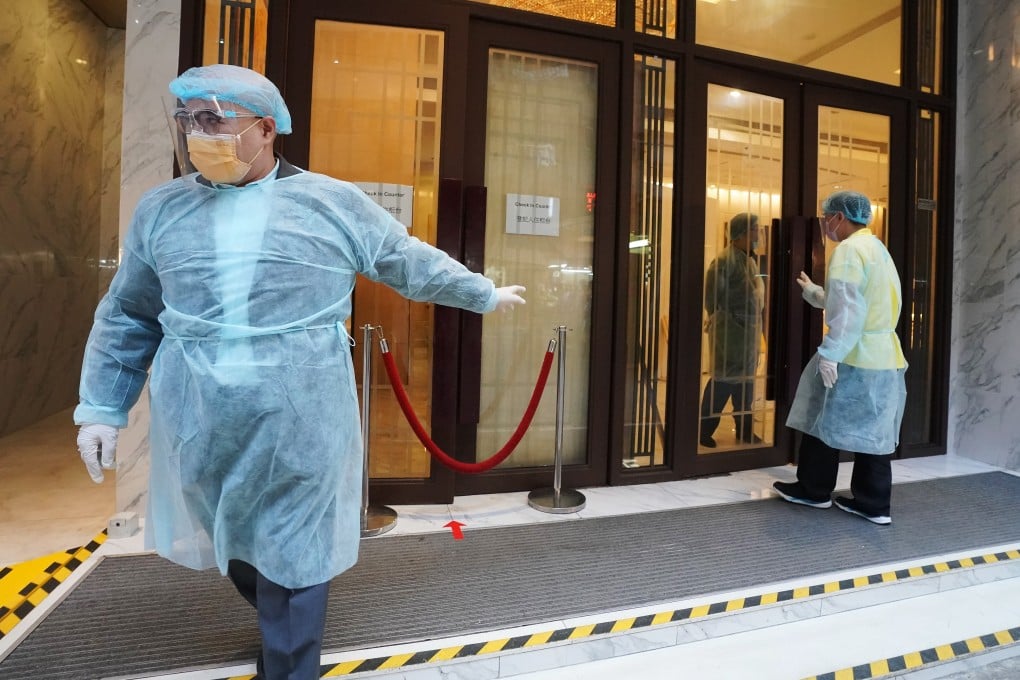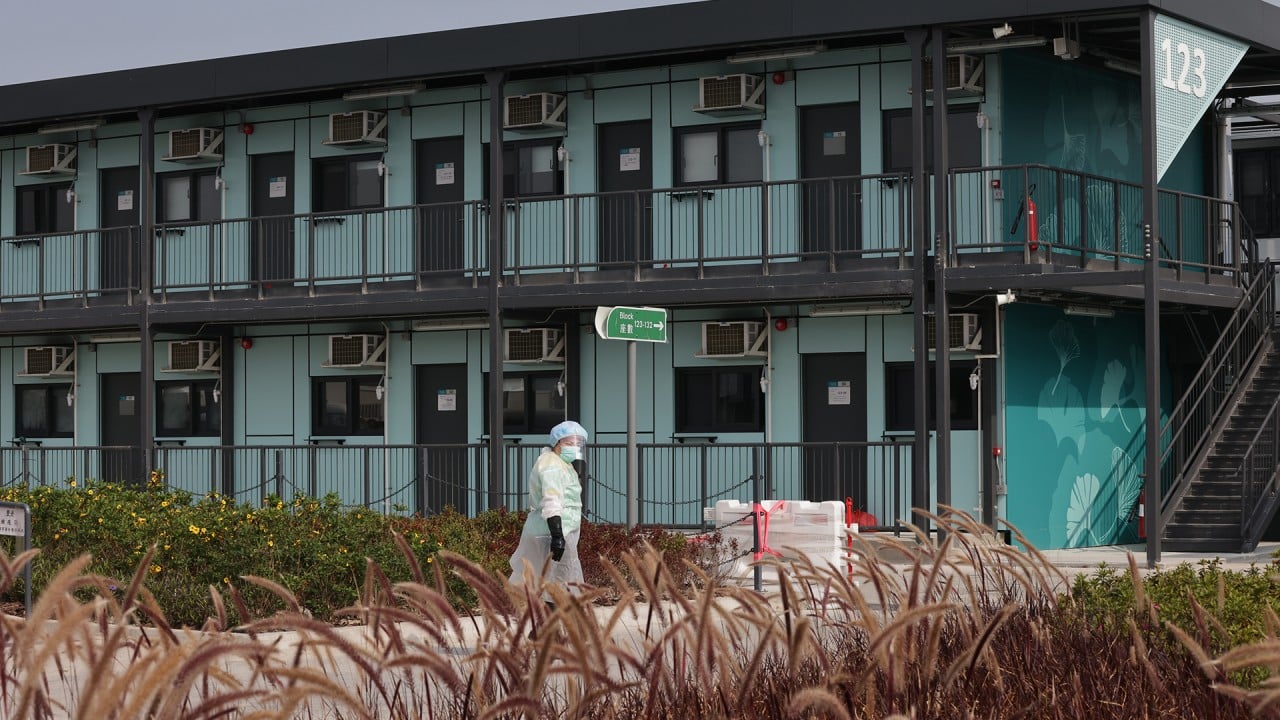Concrete Analysis | New trends emerge as hotel operators embrace ‘adapt, adjust and accommodate’ mantra for survival
- Eastern Yogic mantra offers important instructions for hotel operators seeking to beat the industry slump
- The slide in demand has given hotel owners a window to revamp concepts, quicken renovations and explore market repositioning

The Covid-19 pandemic brings continued challenges for the industry. While countries with strong domestic markets such as the US, China and Australia have seen some rebound, Hong Kong has been hit especially hard as the sector depends on cross-border and international travel.
The government’s “Designated Quarantine Hotel Scheme” provides some respite and operational cash flow for participating hotels. However, this only accounts for 10.3 per cent (or 8,958 rooms across 33 hotels) of the marketwide supply of 86,915 rooms across 312 hotels.

03:55
Inside Hong Kong's mandatory coronavirus quarantine camp at Penny's Bay
With the holiday season upon us, the supply under the scheme is insufficient to cater to the inbound “quarantine” demand from travellers returning to Hong Kong. With hotels largely fully booked until September, additional hotels are needed to overcome the expected supply deficit.

